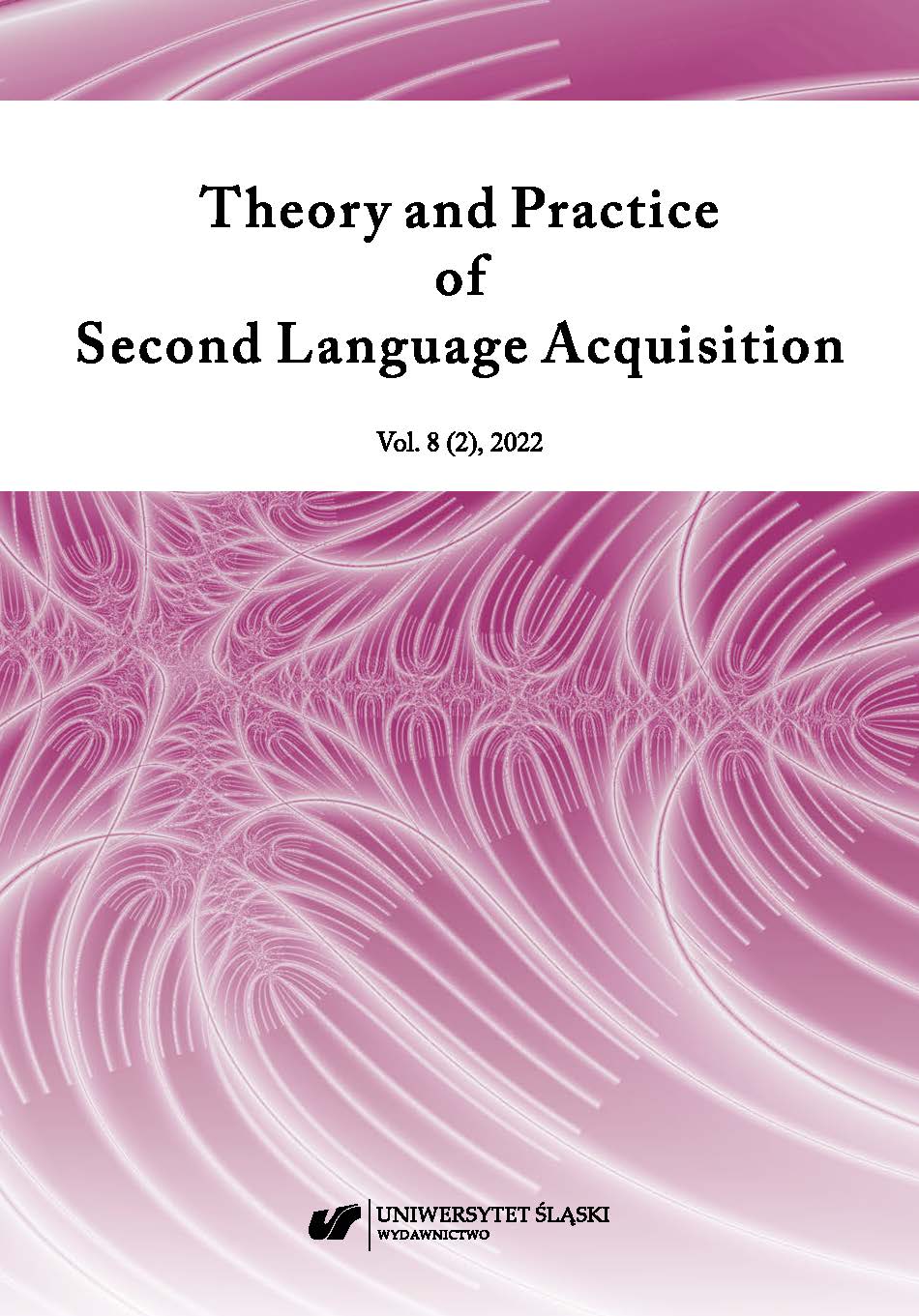The Development of Vocabulary and Overall Proficiency in English as an Additional (Third) Language. What Matters More, Daily Use or Age of Onset?
The Development of Vocabulary and Overall Proficiency in English as an Additional (Third) Language. What Matters More, Daily Use or Age of Onset?
Author(s): Luca Cilibrasi, Daniela MarkováSubject(s): Foreign languages learning, Theoretical Linguistics, Applied Linguistics, Language acquisition
Published by: Wydawnictwo Uniwersytetu Śląskiego
Keywords: bilingualism; age of onset; language use; English as L2
Summary/Abstract: While seminal work identified age of onset to L2 as a core predictor of L2 learning in naturalistic environments, recent research has shown that other variables, such as language use, are more important than an early age of onset in predicting L2 attainment in speakers who learn the second language primarily in school. In this study, we investigated whether the acquisition of vocabulary and the development of overall proficiency in English as L2 can be predicted more faithfully by daily language, intended as daily share of L2 use in comparison to L1s, or L2 age of onset. To explore this issue, we analyzed a large public dataset of 650 speakers (de Bruin et al., 2017), in which participants were native in Spanish and/or Basque and spoke English as an additional language. Participants were previously assessed on their vocabulary skills using the LexTALE task and on their overall proficiency using a semistructured interview. Language skills were then added to a linear regression model where age of onset and daily use of English were treated as predictors. Our results show that, in this dataset, use is a better predictor of language skills (both lexical knowledge and overall proficiency) than age of onset.
Journal: Theory and Practice of Second Language Acquisition
- Issue Year: 2/2022
- Issue No: 8
- Page Range: 1-23
- Page Count: 23
- Language: English

